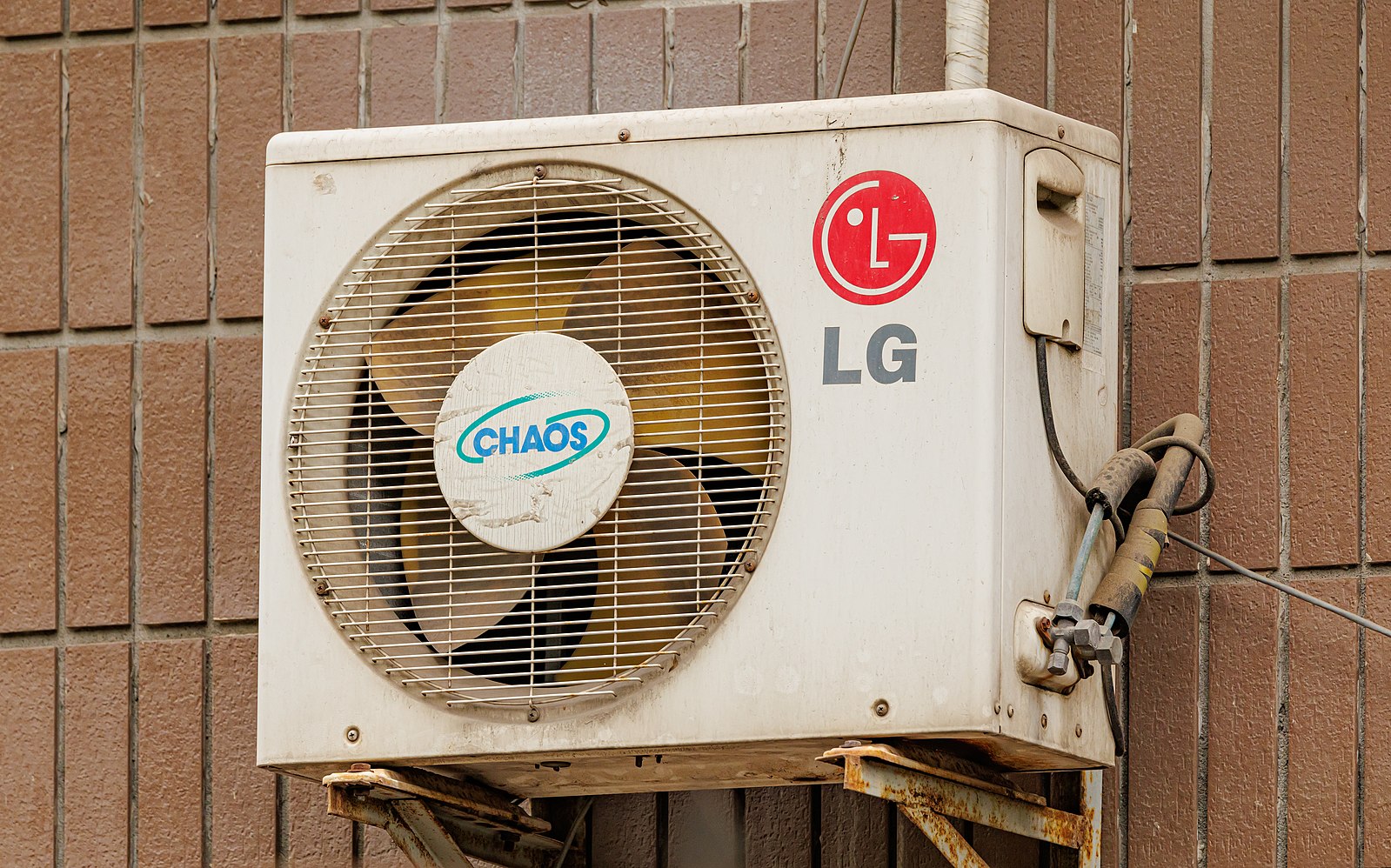LG air conditioners, like most appliances, have a limited lifespan, which can vary depending on factors such as usage, maintenance, and environmental conditions. According to LG’s warranty information, the warranty period for LG air conditioners is 1 year, with an additional 10 years on the inverter compressor for residential wall-mounted AC units. However, this warranty does not cover floor standing, cassette, duct, and other central/single AC products.
Understanding the Average Lifespan of LG Air Conditioners
According to industry standards and other sources, the average lifespan of a window air conditioner, including LG models, is around 7-10 years. After this period, the air conditioner may start to experience issues such as reduced cooling capacity, higher energy consumption, and more frequent breakdowns.
Factors Affecting the Lifespan of LG Air Conditioners
Several factors can influence the lifespan of an LG air conditioner, including:
-
Usage Patterns: The frequency and duration of use can impact the wear and tear on the unit. Air conditioners that are used more often or for longer periods will generally have a shorter lifespan.
-
Maintenance: Regular maintenance, such as cleaning the filters, coils, and other components, can help extend the lifespan of an LG air conditioner. Neglecting maintenance can lead to decreased efficiency and premature failure.
-
Environmental Conditions: The climate and environmental factors, such as temperature, humidity, and air quality, can also affect the lifespan of an air conditioner. Units installed in harsher environments may experience more wear and tear.
-
Installation Quality: Proper installation by a qualified technician can ensure that the air conditioner is operating at its optimal efficiency, which can contribute to a longer lifespan.
-
Compressor Durability: The compressor is a critical component of an air conditioner, and its durability can significantly impact the overall lifespan of the unit. LG’s 10-year warranty on the inverter compressor for residential wall-mounted AC units is a testament to the company’s confidence in the longevity of this component.
Identifying Signs of Wear and Tear
To determine whether an LG air conditioner needs to be replaced, users can look for the following signs:
-
Unusual Noises: If the air conditioner starts making unusual noises, such as grinding, squealing, or rattling, it may be a sign of a problem with the compressor, fan, or other internal components.
-
Bad Smells: Foul odors coming from the air conditioner can indicate issues with the coils, filters, or other components that may need cleaning or replacement.
-
Reduced Cooling Capacity: If the air conditioner is no longer able to effectively cool the room or maintain the desired temperature, it may be a sign of a problem with the refrigerant, compressor, or other critical components.
-
High Energy Bills: A sudden increase in energy consumption can be a sign that the air conditioner is not operating as efficiently as it should, which may be due to age, wear and tear, or other issues.
Replacing an LG Air Conditioner
 Image source: LG Ac By Dinkun Chen
Image source: LG Ac By Dinkun Chen
If the air conditioner is more than 10 years old and experiencing these issues, it may be more cost-effective to replace it rather than repair it. The repair costs may be high, and the energy savings from a new, more efficient model may offset the initial investment.
When replacing an LG air conditioner, it’s important to consider the following:
-
Energy Efficiency: Look for models with high SEER (Seasonal Energy Efficiency Ratio) and ENERGY STAR® ratings, as these will provide better energy efficiency and lower operating costs.
-
Capacity: Ensure that the new air conditioner is properly sized for the room or space it will be cooling, as an undersized or oversized unit can lead to inefficient operation and reduced lifespan.
-
Features: Consider features such as smart controls, Wi-Fi connectivity, and advanced filtration systems, which can enhance the performance and convenience of the new air conditioner.
-
Installation: Hire a qualified HVAC technician to properly install the new air conditioner, as improper installation can negatively impact its performance and lifespan.
In summary, LG air conditioners, like other window air conditioners, have an average lifespan of 7-10 years. After this period, users should be aware of signs of wear and tear and consider replacing the unit if it is no longer functioning efficiently or effectively. By understanding the factors that affect the lifespan of an LG air conditioner and taking proactive steps to maintain and replace the unit when necessary, homeowners can ensure their cooling system continues to provide reliable and energy-efficient performance for years to come.
References:
- LG Warranty | Information and Repairs | LG Levant (https://www.lg.com/levant_en/support/warranty)
- 7 Signs Your Air Conditioner Needs to Be Replaced – Evapolar (https://evapolar.com/blog/7-signs-your-portable-air-conditioner-needs-to-be-replaced/)
- Is It Time to Get a New Window Air Conditioner? – Consumer Reports (https://www.consumerreports.org/appliances/air-conditioners/is-it-time-to-get-a-new-window-air-conditioner-a1532530762/)
- 5 Signs That It’s Time to Replace Your Window Air Conditioner – CNET (https://www.cnet.com/home/kitchen-and-household/signs-that-its-time-to-replace-your-window-air-conditioner/)
